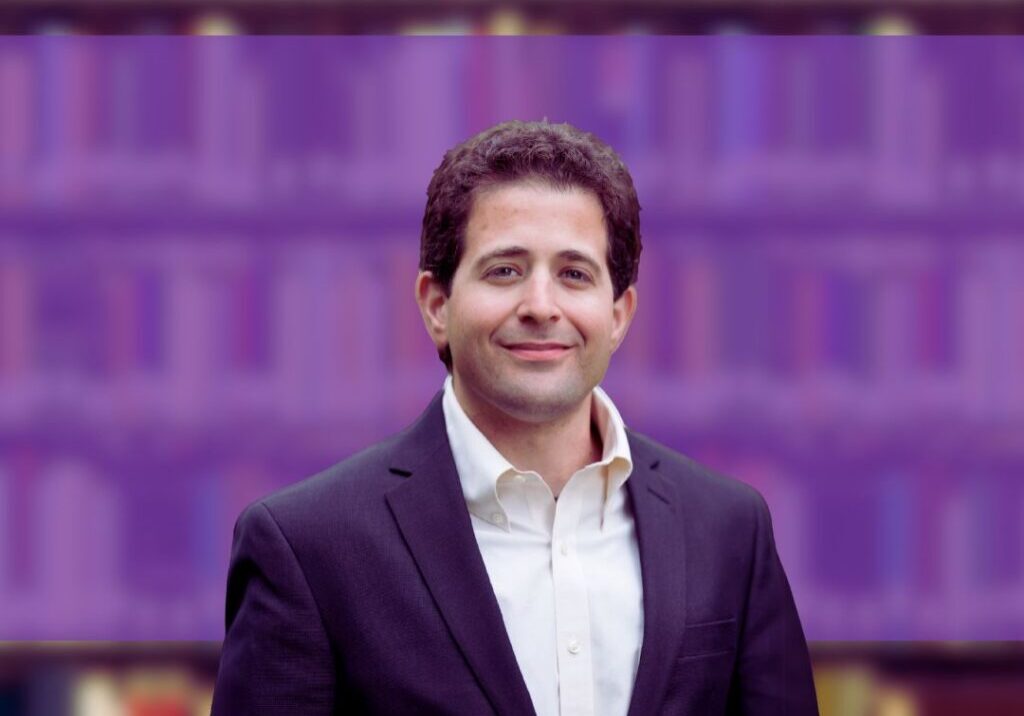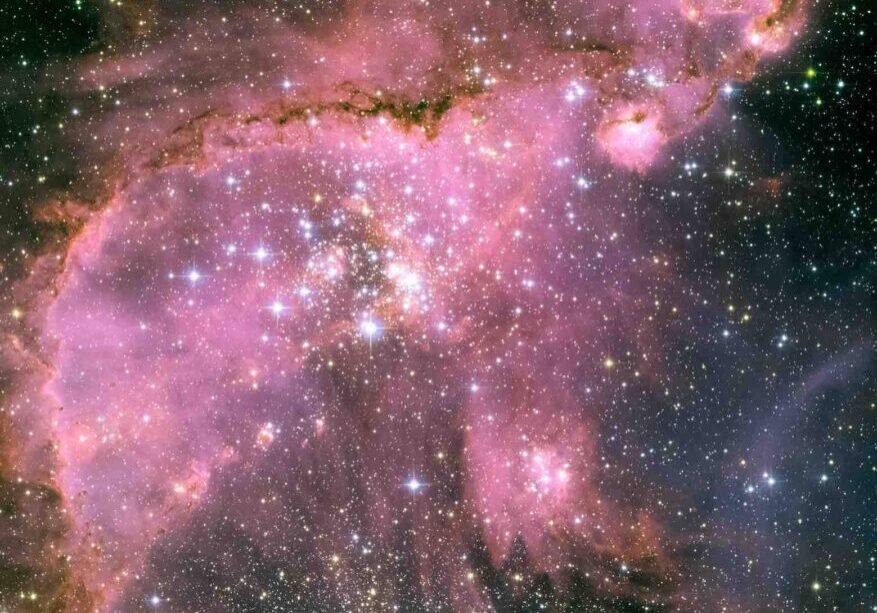Webinar: Will Christianity Survive?
The German philosopher Frederick Nietzsche once said, we must become gods ourselves if we are to live in this world without God. Is this blasphemy or the deeper truth of the Christian message–God becoming flesh? Today, the highest levels of theological reflection fail to grasp the import of evolution for the unfolding of the God-world relationship. Early twentieth century biologists realized that biological systems are open, autopoietic (self-organizing), complex and emergent, revealing one long truth: life seeks more life. God is ahead of us, not behind us, and if we refuse the reality of a self-involving God, we risk everything. We humans are straddling a precipitous moment of cosmic history.
This event is past. To purchase a recording click here.
ABOUT TRIPP FULLER
Tripp Fuller received his Ph. D. in Philosophy, Religion and Theology from the Claremont School of Theology and recently returned to North Carolina after three years as a Postdoctoral Research Fellow in Theology & Science at the University of Edinburgh. His new book Divine Self-Investment: a Constructive Open and Relational Christology, is the first book in the Studies in Open and Relational Theology series. For over 14 years Tripp has been doing the Homebrewed Christianity podcast (think on-demand internet radio) where he interviews different scholars about their work in a way that reaches people where they are. Last year his podcast had over 4 million downloads. It also inspired a book series with Fortress Press called the Homebrewed Christianity Guides covering topics such as God, Jesus, Spirit, Church History, etc. Tripp is a committed Lakers fan, as well as a devotee of Star Wars and Lord of the Rings.
 View print-friendly version
View print-friendly version
4 Comments
Related Posts

Congratulations—Robert Nicastro, Ph.D.
Please join us in congratulating Robert Nicastro on earning his Ph.D. Robert’s scholarship continues to deepen the Center’s work, and we are honored to have him on our team. To…


There’s an eternal principle involved in the field of time, Barb, apparent opposites which themselves naturally reconcile as they play out in nature and the cosmos, whole platoons of them. Everywhere, that is, but in human consciousness. “Ancient and new,” Augustine seemed able to reconcile them; not so sure about Malachi. Jesus did as well re: OT/NT, and as stewards of the new awareness suggested the disciples do the same, “bringing forth out of their treasure things new and old” (Matt. 13:52). That is, in reconciling law and grace, Moses and Jesus, and all apparent polarities wherein perception became divided the human fall from grace. There’s a polar game proposed; first, eternal life CREATING life in the field of time; followed by that same life BEGETTING life and the phases of life as they unfold (evolve) there. Even the pre-Christ ancients saw this principle play out in the cosmos; ie. the radiant sun symbolized a constant, the power of eternal life in consciousness, disengaged from the vicissitudes of time. Whereas the eternal principle involved in the field of time was the moon, going through phases, shedding its shadow like a snake it’s skin, born of the sun going through (evolving) in a succession of lunar cycles — as do humans in phases of life, and stages of spiritual growth. Ancient/new, eternity/time, life/death, sun/moon, creation/evolution (and all polarities) are to unitive consciousness totally and compatibly reconciled. They only “appear” separate to the conditioned, divided, sense bound (fallen) mind.
The end, union with God, the idea that the Son of God became human so that humans may share divinity, is inspiring. Yet I think that Richard Rohr’s idea that God’s divestment of divine power in the Incarnation of Christ, the self-giving life of Jesus and his acceptance of, or submission to, death unjustly punished with the cross, point to the conclusion that a downward path of “kenosis” or self-emptying–rather than climbing progressively higher–is the paradoxical way that God would have humans follow in order that humans become “perfect” or godly. The means is the way to the end.
God “Himself” is ever evolving? Interesting point. Possible, maybe. Debatable, absolutely.
Highest levels of theological thought are missing the import of evolution? Wow. That’s quite a statement. If only everyone were as smart as us.
I am reminded of “O Beauty, ever ancient, ever new” and wonder what what St. Augustine would say about this. Or what Malachi, “I am the Lord, I do not change”, would say. I don’t think it would take them long to grasp the import of evolution.
Christianity will not likely survive, certainly not in its archaic institutional and tribal forms. But its fundamental (perennial) principles will, enhanced by the organic definition of the Christ that fills all things, and holds them together chemically and electrically at the molecular and subatomic levels. (And only as science inserts itself into the conversation for the needed updates.) Such micro activity causes all things to bond, attract and interact. In highest human form such is the very definition of the Christ, spirit, love, relationship, and community; in lowest (unregenerate) human form hunger, desire, possessiveness, lust, conquest, control, ambition, and greed; in animal form swarming, flock, schooling, pooling, and herd behavior. It is only by the activity and interaction of these invisible particles and fundamental forces that never die (quanta or spirit) but can rearrange themselves in greater complexity along evolutionary lines, will higher manifestations and transformations of archaic human structures, individual and institutional, ever advance and perfect themselves toward Omega. But only after much chaos (re-birth pangs). Look for things to get worse before they get better via said restructuring. Only then will our wheezing earth and it’s negligent inhabitants cooperate with God “to form a more perfect union.” But don’t hold your collective breath, what’s left of it that is.